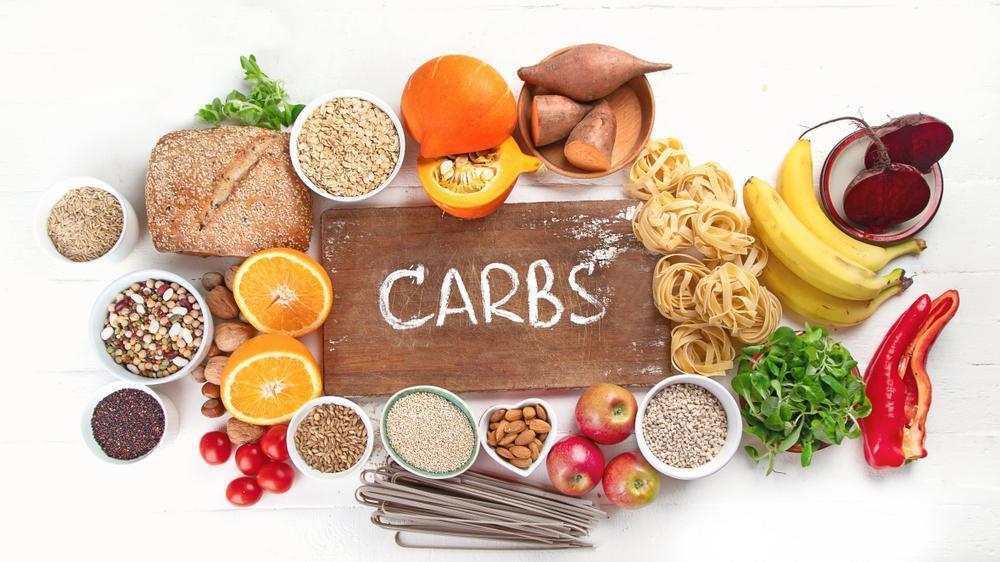“If you want to be a hero, take care of someone else. We all want to be heroes to someone.” – Mark Driscoll
As loving pet owners, we all want to be heroes to our furry friends, ensuring their diet is perfectly balanced for a long, healthy life. But when it comes to carbohydrates, there’s a lot of conflicting information out there. Are carbs beneficial or harmful to dogs? Let’s dive into the facts and find out.
Understanding Carbohydrates in a Dog’s Diet
Carbohydrates are one of the three primary macronutrients, alongside proteins and fats. They provide a quick source of energy and play a role in the digestive health of dogs. However, not all carbs are created equal. Carbohydrates in dog food typically come from grains, vegetables, and legumes. While dogs don’t have a strict dietary requirement for carbohydrates, they can still benefit from certain types.

Benefits of Carbohydrates for Dogs
- Energy Source: Carbs are an efficient source of energy, especially for active dogs. They provide the glucose needed for immediate energy and can be stored in the muscles and liver as glycogen for later use.
- Digestive Health: Certain carbohydrates, such as those from whole grains and vegetables, are rich in fiber. Fiber aids in digestion and helps maintain healthy bowel movements, preventing issues like constipation.
- Nutrient Delivery: Carbs in whole grains and vegetables come packed with essential vitamins and minerals. For example, sweet potatoes are a great source of vitamins A, B6, and C, as well as manganese and potassium.
Potential Downsides of Carbohydrates
- Weight Gain: Excessive carbohydrates can lead to weight gain, especially if your dog is not very active. Obesity in dogs can lead to various health issues, including diabetes, arthritis, and heart disease.
- Blood Sugar Spikes: Simple carbs can cause rapid spikes and drops in blood sugar levels, which can be particularly problematic for dogs with diabetes. Complex carbs, on the other hand, provide a more stable energy release.
- Food Allergies: Some dogs may have allergies or intolerances to certain grains like wheat or corn. These allergies can manifest as skin irritations, digestive issues, or other health problems.
Choosing the Right Carbohydrates
When selecting dog food, it’s crucial to focus on quality. Look for foods that list whole grains and vegetables as the carbohydrate sources rather than fillers like corn syrup or white rice. Here are some top choices:

- Sweet Potatoes: Rich in vitamins and fiber, they provide a slow-release energy source.
- Brown Rice: A good source of complex carbs and fiber, supporting digestion.
- Pumpkin: Excellent for digestive health and loaded with vitamins.
- Oats: High in fiber and gentle on the digestive system, making them great for dogs with sensitivities.
Carbohydrate Requirements by Dog Type

- Puppies: Growing pups need a balanced diet with adequate carbs for energy and growth. Ensure their food is high-quality and nutrient-dense.
- Active Dogs: Working dogs or those with high activity levels can benefit from a diet higher in carbohydrates to sustain their energy needs.
- Senior Dogs: Older dogs might require fewer carbs to prevent weight gain, but fiber remains essential for digestive health.
Practical Tips for Dog Owners
- Read Labels: Always check the ingredient list on dog food. Look for whole food sources of carbohydrates and avoid foods with high amounts of fillers and artificial additives.
- Consult Your Vet: Before making any significant changes to your dog’s diet, consult with your veterinarian to ensure it meets their specific health needs.
- Monitor Weight: Keep an eye on your dog’s weight and adjust their carbohydrate intake as necessary to maintain a healthy weight.
- Homemade Diets: If you prefer preparing homemade meals for your dog, include balanced portions of protein, fats, and complex carbs like brown rice or sweet potatoes.
While carbohydrates can be a beneficial part of a dog’s diet, it’s essential to balance them with proteins and fats and tailor their intake to your dog’s individual needs. By choosing high-quality sources and monitoring their health, you can ensure your furry friend stays happy and healthy.





















